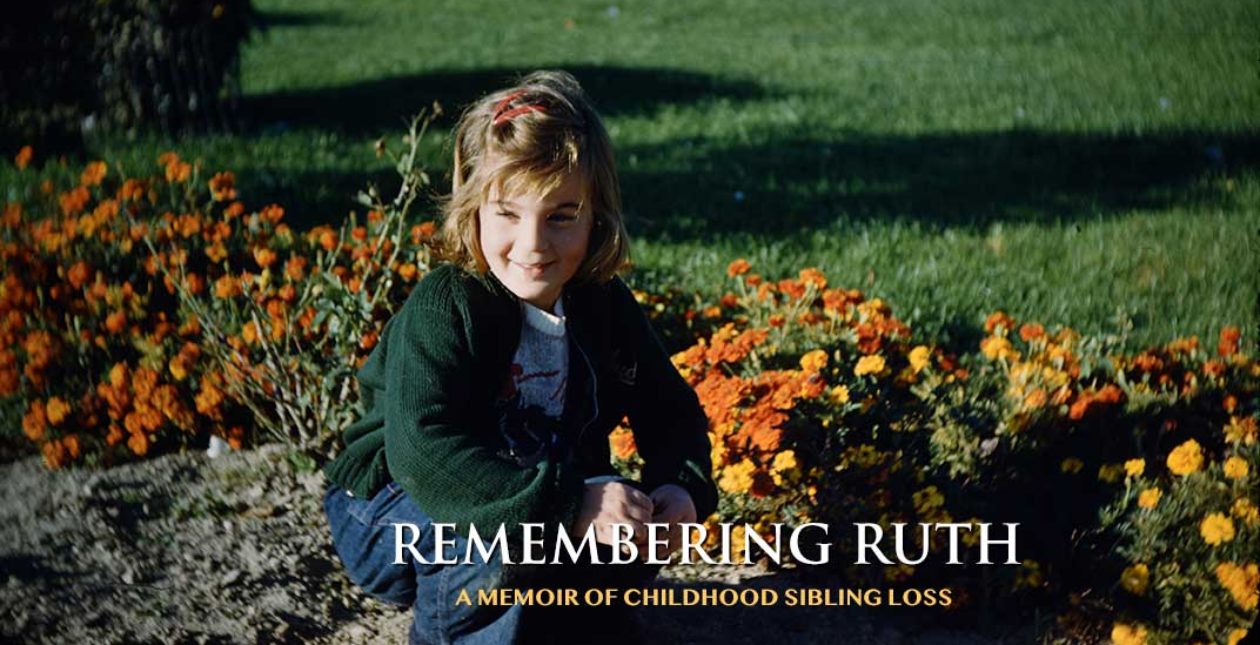 During the years I was actively dealing with the loss of my sister, I began reading any book about sibling loss I could get my hands on. One of the novels I devoured was The Catcher in the Rye by J. D. Salinger. I had read it in school, before Ruth died, and didn’t get it. When I picked it up again years later — after I’d lost my sister, I could relate to what Holden was feeling and why.
During the years I was actively dealing with the loss of my sister, I began reading any book about sibling loss I could get my hands on. One of the novels I devoured was The Catcher in the Rye by J. D. Salinger. I had read it in school, before Ruth died, and didn’t get it. When I picked it up again years later — after I’d lost my sister, I could relate to what Holden was feeling and why.
“For bereaved siblings, reading Catcher is an aha moment,” I said in my memoir. “Holden is doing what he’s doing and saying what he’s saying because he’s in extreme pain over the death of his beloved younger brother, Allie, who died of leukemia four years earlier.
“Bereaved siblings feel Holden’s pain after the first fifty pages, yet most teachers and critics haven’t a clue,” I added.
In a recent “By the Book” column in The New York Times Book Review, actor and editor America Ferrara was asked, “Do you remember the last book you put down without finishing?”
“The Catcher in the Rye,” she responded. “I’ve tried so many times.”
If Ms. Ferrara knew the book was about sibling loss, she would have approached it differently.
I recently read the bestselling novel, the book that matters most, by Ann Hood. The main character, Ava, is a mother of two adult children whose husband recently left her. In it, we learn that Ava’s sister had died in an accident when she was five. A year later, Ava lost her mother.
Ava’s close friend, Cate, suggests she join her book club. Each month, one of the members leads a discussion about the book that mattered most to him or her. Cate chose Catcher.
“This book is regarded as the defining work on being a teenager,” Cate said in her presentation to book club members. “It speaks to the angst and alienation and rebellion of adolescents.”
Ava agrees with her best friend’s analysis.
If the author, Ann Hood, had lost a sibling in childhood, she would have given her leading character a whole different take on what makes Holden tick.
